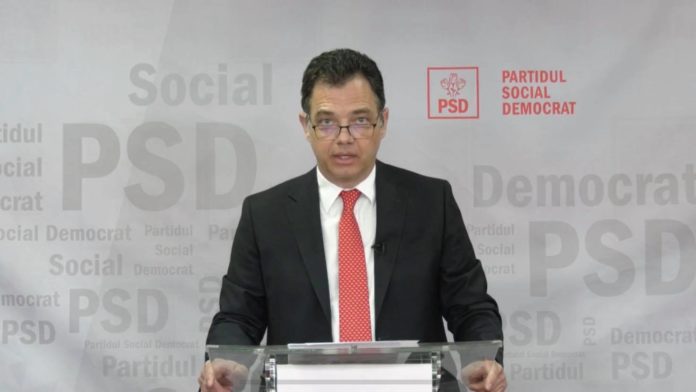Economy Minister Radu Oprea announced on Friday after the meeting of the Executive, that the government approved the ordinance that amends the Mining Law as regards the reopening of non-energy extraction sites, stating that these provisions do not refer to the Rosia Montana gold deposit.
Oprea mentioned that the Romanian MEPs who sit on the EP expert committee introduced this amendment to allow the exploitation of materials from settling basins and dumps that could be important for the Romanian and EU economy.
The minister emphasized that this will be possible „if environmentally friendly, pollution-free technologies are implemented” in order to solve an environmental problem that currently exists in Romania regarding tailings ponds and dump fills.
„Also, we introduced details regarding the possibility for National Salt Corporation Salrom to capitalize on salt mining voids, so as to allow tourism and health investments,” added the minister.
According to Oprea, mining for critical materials could reopen provided that „an essential condition” is met, specifically that the project gets the involvement of representatives of local communities and that they want this.
According to a government release, the amendments introduced by the approved emergency ordinance envisage the reopening of non-energy mining sites, the continuation of mining activities for insolvent companies and the capitalization of salt mining voids for tourism or medical purposes.
The amendments are also necessary because the initial form of the Mining Law did not allow the re-bidding of shutdown sites before and after the completion of closure works, and did not regulate the regime for the use of mine voids, nor the regime for natural water bodies generated in mining perimeters approved for definitive closure and which are subject to post-closure monitoring.
The government also shows that the secondary mineral resources stored in settling basins or tailings dumps have a very high potential for industrial valorization through the recovery of precious, critical and useful basic metals: gold, silver, copper, lead, zinc, iron, manganese, wolfram, molybdenum etc., for which exploitations were opened, or of certain elements that have recently entered the focus of interest for industrial exploitation: germanium, indium, tellurium, cadmium, antimony through the use of accompanying minerals (quartz, feldspar, clay minerals), or by using certain types of residues as improvers for low-concentration solutions (for example in the case of coal mine dumps).
AGERPRES




